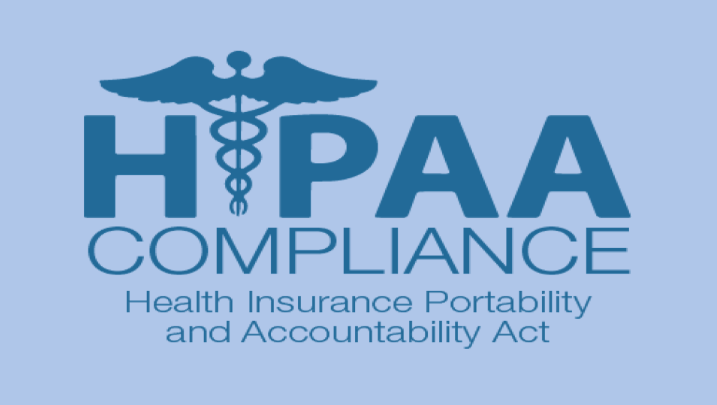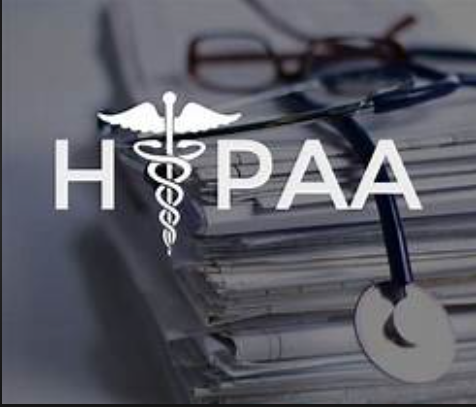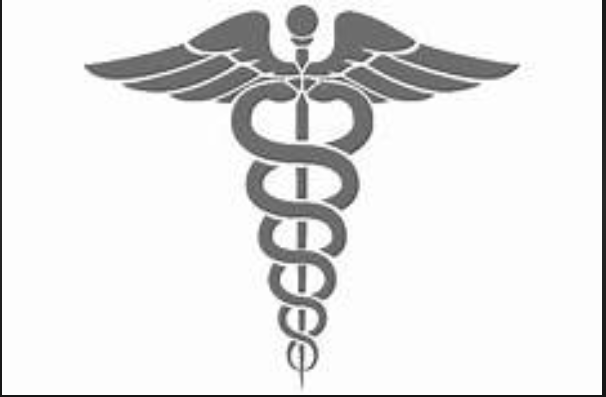HIPAA – Health Insurance Portability and Accountability
Introduction
The Health Insurance Portability and Accountability Act of 1996 (HIPAA) is a federal law requiring the creation of national standards to protect patient’s confidential health information from disclosure without patient consent. The United States Department of Health and Human Services (HHS) has published the HIPAA Privacy Policy to ensure compliance with HIPAA. The HIPAA Security Act protects certain information covered by privacy laws.

What is HIPAA?
HIPAA is an acronym for the Health Insurance Portability and Accountability Act. Among other things, the law established federal standards to protect patients’ “protected health information” (PHI) and to ensure the confidentiality, integrity, and availability of PHI that is created, maintained, processed, transmitted, or received (ePHI) electronically.

When Congress passed the Health Insurance Portability and Accountability Act in 1996, setting federal standards to protect PHI was not one of its primary goals.
Also Read:
- Diabetic diet, A Healthy Diet Planning Control of Diabetics
- Egg Calories Nutrition, Health Facts, and its Importance
- Calories in Banana, Calories Nutrition in Banana
- Paleo Diet: What is it and why it is sop important
HIPAA Privacy Rule
The privacy rules standards cover the use and disclosure of individual health information (known as protected health information or PHI) by entities subject to the privacy rules. “Protected Entities” are the organizations and individuals.
Privacy rules also set standards for individuals’ right to understand and monitor how their health information is used. An important purpose of privacy rules is to ensure that individual health information is adequately protected, to facilitate the flow of health information necessary to provide and promote quality healthcare, and to protect the health and well-being of the public. Privacy rules enable the use of important information while protecting the privacy of people seeking care and healing.
Benefits of HIPAA
- Ensure patient privacy and confidentiality
- This saves valuable time for the medical staff
- Improve overall patient flow efficiency
- Affordable and reliable patient billing
- It is according to HIPAA rules.
Applications of HIPAA
A visual pager calls patients to show the waiting room. Once the patients see their number, they are directed to the appropriate lab or examination room. This protects the patient’s privacy. The patient’s name in the waiting room No longer needs to be called. Visual search equipment improves the efficiency of the patient flow and saves valuable time for the nursing staff.
Ask about our Practical hospital telephone system that includes a pager and a number system that supports Multiple Patients. We have a download search system 10-60 and support for Countries and countries to get 2 and 3-digit numbers. You can’t go wrong with any Micro frame product, as we’ve served over 10 major markets including hospitals, pharmacies, and more.

For over 30 years, we have been building high-quality industrial LED timing systems, switching systems, remote displays, and other useful and efficient products that have helped a wide variety of industries and companies. Contact us today for reliable sideline activities that can increase your overall efficiency.
The Slimline Rechargeable Pager is built solidly with vibrating alarms and LED lighting, while the Take-A-Number dials the ticket number using a visual or visual display and sound. Buy Our search engine at a price to get the best deals.
HIPAA Security Rule
While the HIPAA privacy rules protect PHI, the privacy rules protect some of the information covered by the privacy rules. This subset consists of any identifiable health information that the Covered Entity creates, receives,, stores, or transmits in electronic form. This information is known as e-PHI. The security rules do not apply to oral or written PHI transfers.
- To comply with HIPAA security rules, all covered entities must:
- Ensure the confidentiality, accuracy, and availability of all E-PHIs
- Identify and protect expected threats to information security
- Protect against unauthorized use or disclosure not authorized by law
- Check compliance by its employees
The Covered Entity must rely on professional ethics and best judgment when considering this Permitted Use and Disclosure Request. The HHS Office of Civil Rights enforces HIPAA rules and all complaints must be reported to that office. Violations of HIPAA can result in civil fines or criminal penalties.
